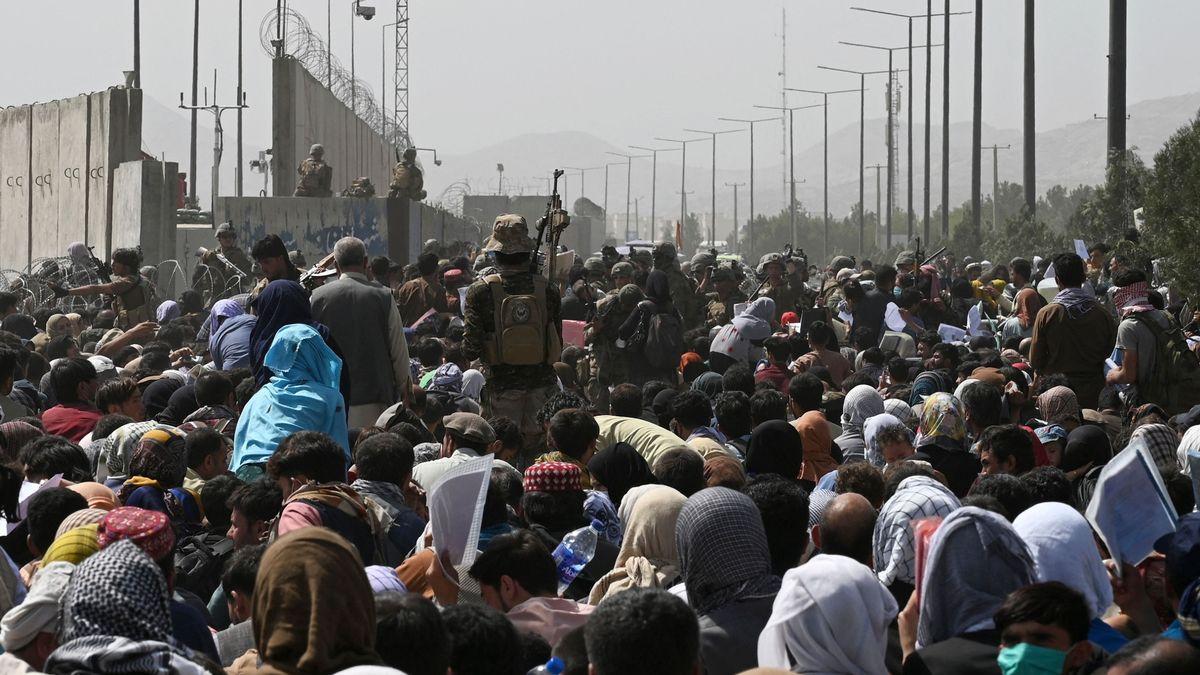
ISIS and al-Qaeda ‘back in Afghanistan’
Terrorists have returned to Afghanistan two years after Western forces quit the war-torn nation, Britain’s former ambassador to the country warned today.
Marking the second anniversary of the Taliban rampaging back to power in Kabul, Sir Laurie Bristow raised fears Afghanistan could once again become a lair for extremists to plot attacks on the West. Admitting that failing to build an Afghan regime which could repel a Taliban revival was “a foreign policy failure”, he said: “There was no shortage of resources put into Afghanistan, primarily by the Americans, secondarily by the UK and other allies.
“But what they didn’t produce was a state that was capable of standing on its own two feet. We need to understand why that was. My own view was that we didn’t engage early enough in the question of how to create the kind of political settlement that would bind in the Taliban and the people they represent in a way that would enable us safely to withdraw our troops.”
He added: “What we have got as a result of that is a huge humanitarian catastrophe, we’ve got a set of security risks – al-Qaeda and Islamic State are now present again in Afghanistan.” Sir Laurie, who was the UK’s top diplomat in the capital from June to November 2021 – and spent six years as Britain’s ambassador to Russia, also accused ministers of failing to “finish the job” of plucking to safety Afghans who helped British forces during UK troops’ deployment from 2002 to 2014.
Thousands of Afghans were airlifted from Kabul as Taliban extremists regained control, but many were left stranded. “We didn’t finish the job. There are people in Afghanistan and in refugee camps who worked for us and worked with us and whose lives are in danger as a result of doing so,” he told the BBC. “I think we have an obligation to those people. They were people we depended on to achieve what we were in Afghanistan to do.”
The ex-envoy also feared for the future of women and girls under Taliban rule. “What we have seen over the last two years has, I think, put to rest any idea that the Taliban as a movement when in power would take a more modern and more reformist approach to governing the country; they haven’t,” he said.
“We are seeing girls being squeezed out of education, we are seeing women being pushed out of public life.
“That of course will have an immediate impact on women and girls but also a longer term impact on the kind of society that Afghanistan becomes.”
Source: mirror





